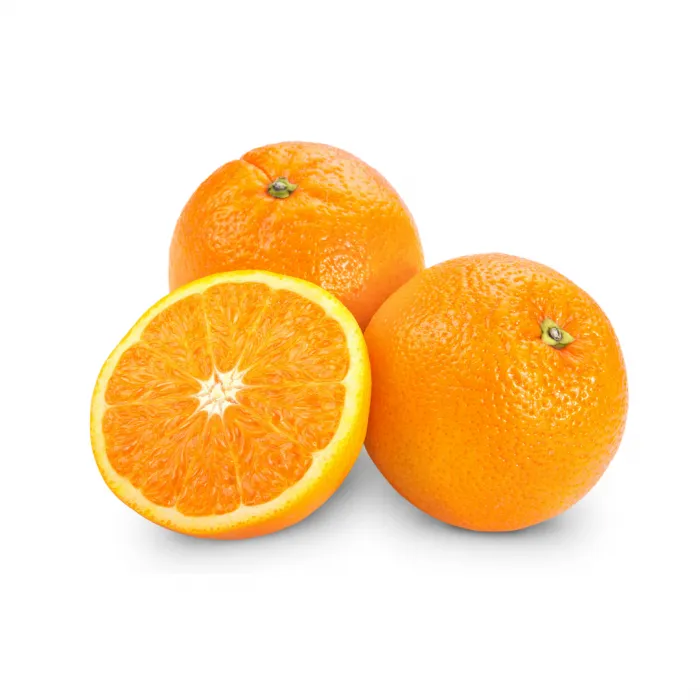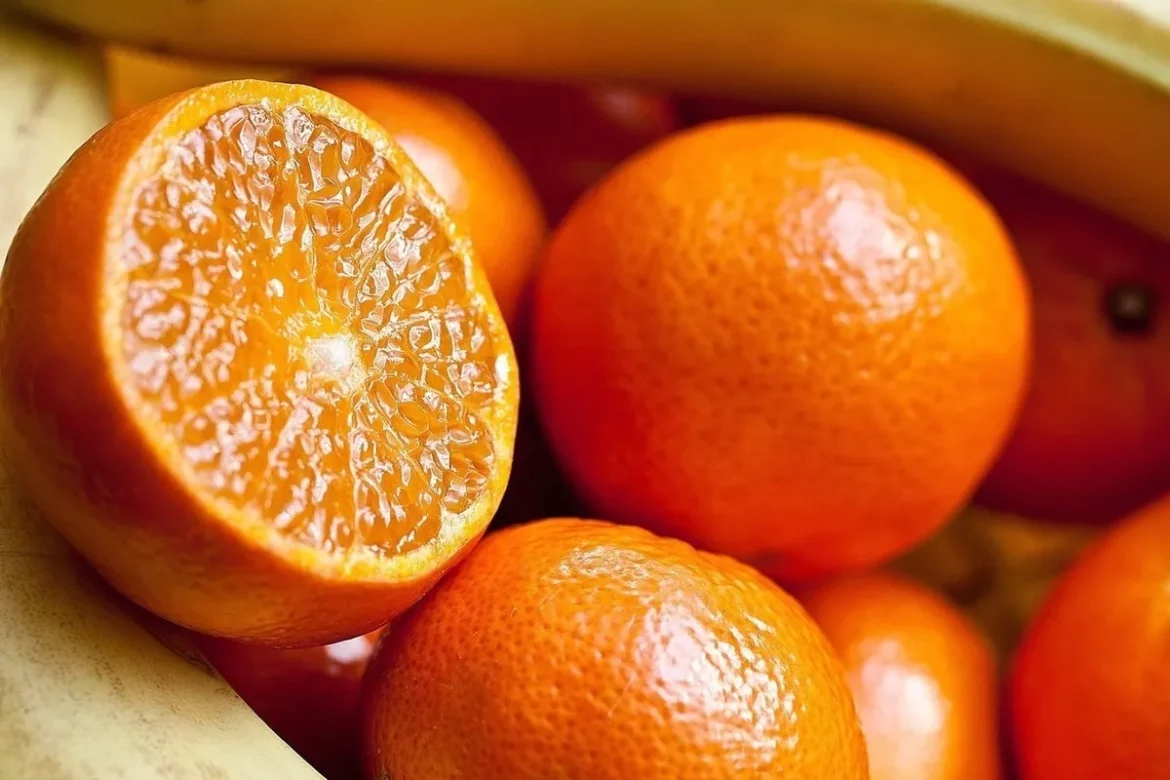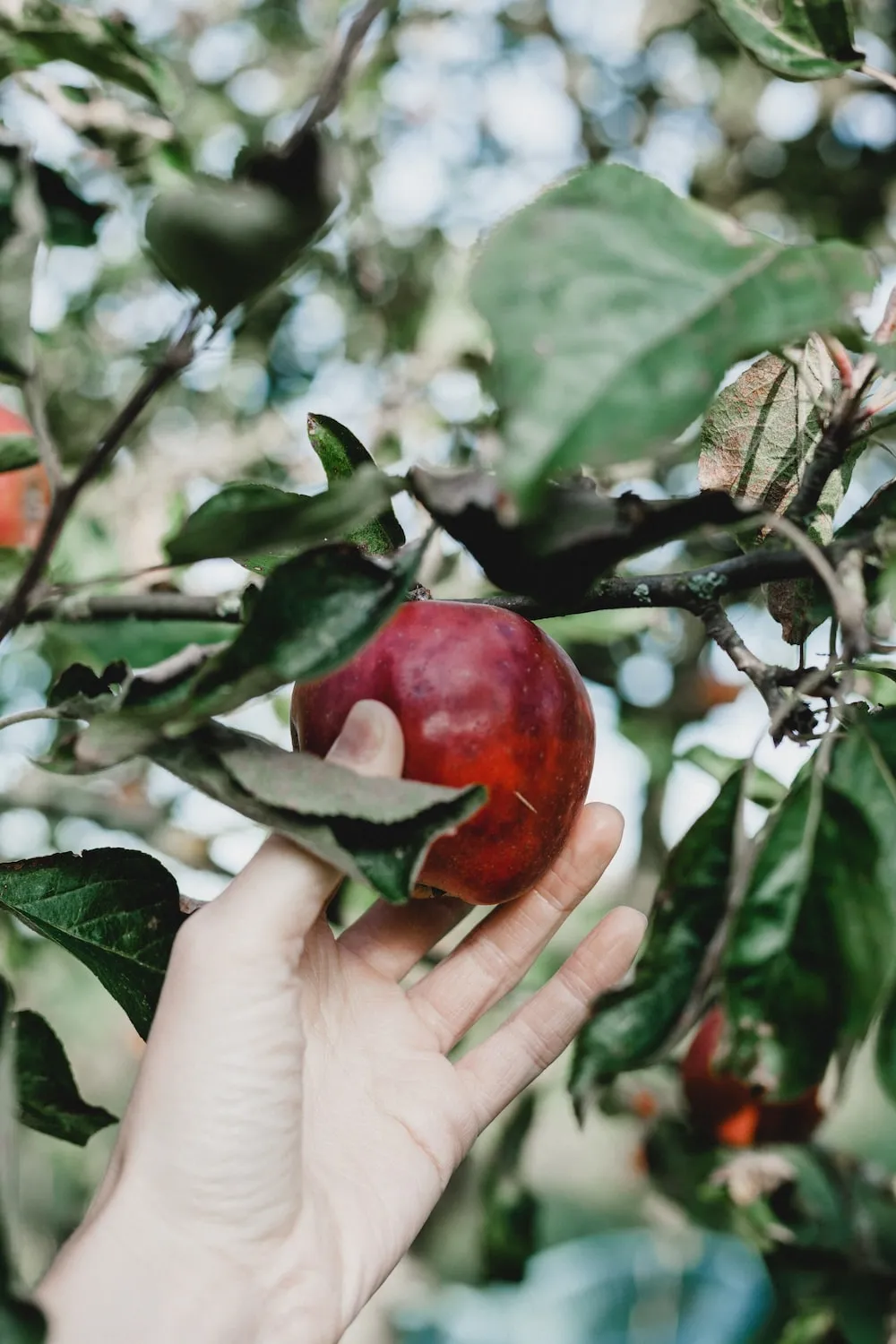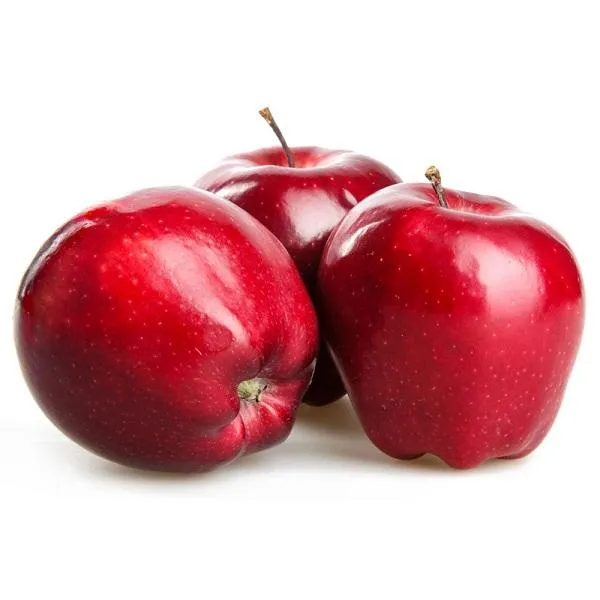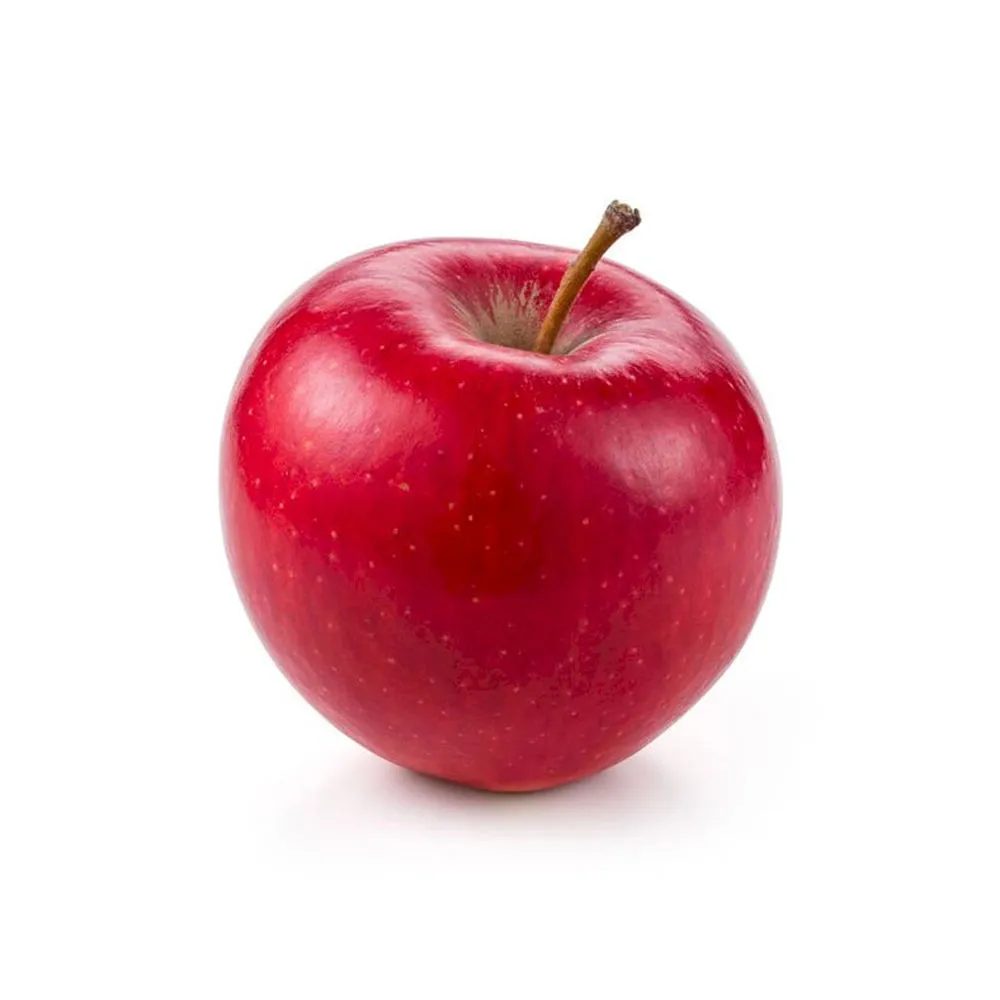Citrus fruits are a popular choice among health-conscious consumers due to their refreshing taste and numerous health benefits. Tangerines and clementines, two citrus fruits, often find themselves side by side on supermarket shelves. While they may appear similar at first glance, there are subtle differences in taste, appearance, and nutritional value that distinguish these fruits. In order to make an informed choice, it is important to understand the features, advantages, and disadvantages of tangerines and clementines.
Buying Tangerine Fruit vs Clementine
When it comes to buying tangerine fruit and clementines, there are a few factors to consider. Both fruits are available in abundance during the winter months, making them a convenient choice for consumers seeking a taste of citrus during colder seasons. However, it’s important to note that the availability and pricing of these fruits may vary based on location.
Features of Tangerine Fruit vs Clementine
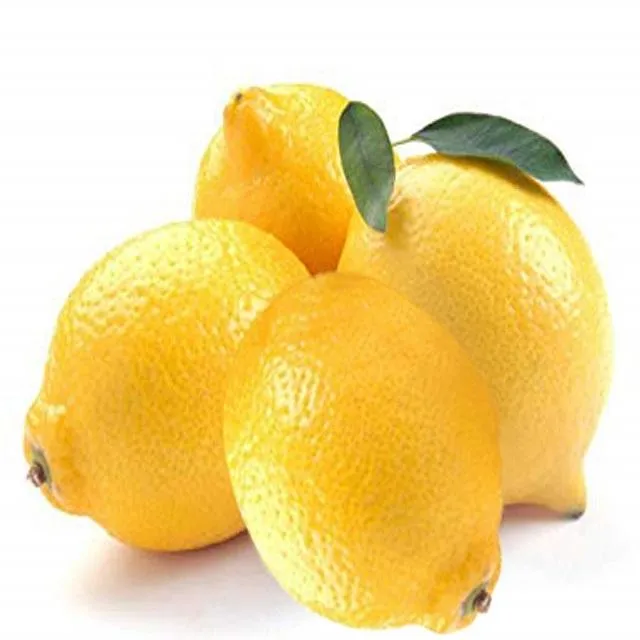
Tangerine Fruit: Tangerines are larger in size compared to clementines, with a slightly rougher skin. They sport a vibrant orange color and are globally recognized for their loose, easily peelable skin. The aromatic zest and sweet flesh make tangerines a delightful addition to recipes and a standalone snack. The pulp of tangerines is typically more fibrous compared to clementines, which some individuals may prefer.
Clementine: On the other hand, clementines are smaller and rounder than tangerines. They have a smoother, glossy skin that is easy to peel. Their deep orange hue and segmented flesh make clementines visually appealing. Clementines are known for their seedless nature, making them a convenient choice for those who prefer a hassle-free eating experience. The flesh of clementines is often sweeter and juicier compared to tangerines.
Advantages of Tangerine Fruit vs Clementine
Tangerine Fruit: Tangerines are an excellent source of vitamin C, a crucial antioxidant that supports the immune system and promotes healthy skin. They also contain high levels of fiber, which aids digestion and contributes to a feeling of fullness. The slightly higher fiber content of tangerines compared to clementines may be beneficial for those looking to maintain a healthy digestive system. Furthermore, tangerines have a longer shelf life compared to clementines, which can be advantageous for consumers seeking fruit with a longer storage potential.
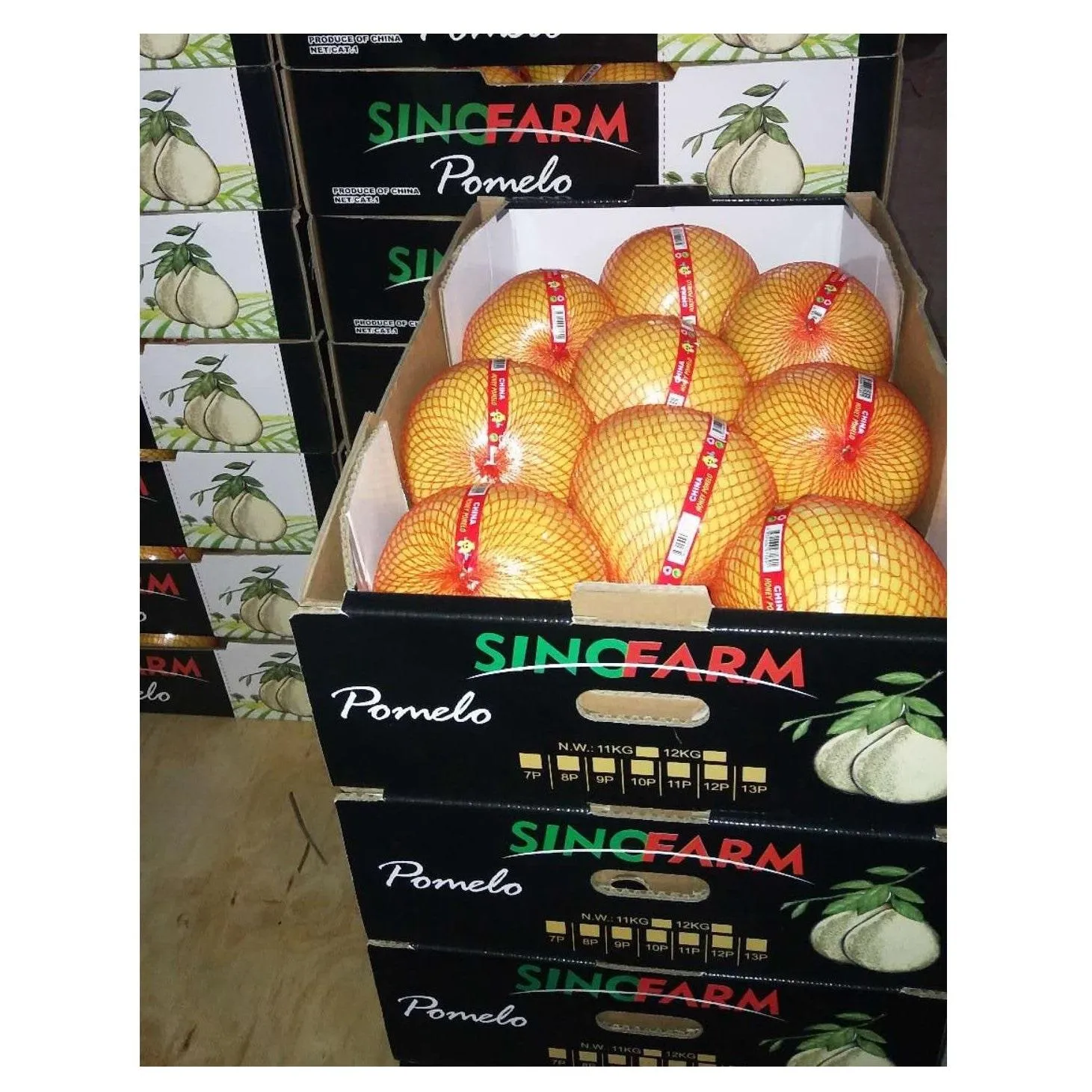
Clementine: Clementines are rich in vitamins A and C, providing similar benefits to tangerines in terms of supporting immune function and promoting healthy skin. Due to their seedless nature, clementines offer a convenient snacking experience, making them ideal for individuals on the go or for parents packing lunchboxes for their children. Additionally, clementines tend to be sweeter and juicier than tangerines, appealing to those with a preference for a more intense citrus flavor.
Disadvantages of Tangerine Fruit vs Clementine
Tangerine Fruit: While tangerines have several advantages, there are a few potential drawbacks to consider. The slightly fibrous texture of tangerines may not appeal to everyone, especially those who prefer a softer consistency. Additionally, the larger size of tangerines can make them more challenging to consume in one sitting, particularly for individuals seeking a snack-sized portion.
Clementine: Despite their popularity, clementines also have some downsides. Their smaller size may be less satisfying for those looking for a larger fruit portion. Additionally, the glossy and smooth skin of clementines may be more delicate compared to tangerines, making them more prone to bruising and damage during transportation or storage.

Conclusion
When it comes to deciding between tangerine fruit and clementines, personal preference plays a significant role. Both fruits offer an array of health benefits, including immune support, fiber intake, and a boost of essential vitamins. While tangerines have a larger size and slightly fibrous texture, clementines are smaller, seedless, and offer a sweeter, juicier experience. Ultimately, it is up to individual taste preferences and specific requirements when choosing between these two citrus fruits.Remember to consider factors such as availability, pricing, and storage potential when making a purchase decision. Additionally, it’s always a good idea to sample both tangerines and clementines to determine which fruit aligns better with your taste preferences.
In terms of incorporating these fruits into your daily routine, both tangerines and clementines offer versatility. They can be enjoyed as a standalone snack, juiced for a refreshing beverage, or added to various recipes to enhance flavor and nutrition.
When selecting either tangerines or clementines, it is important to opt for fruits that are firm, plump, and heavy. Avoid fruits with blemishes, soft spots, or signs of mold as these may indicate spoilage. Also, consider the fragrance of the fruit, as a sweet and citrusy aroma is a good indication of freshness.
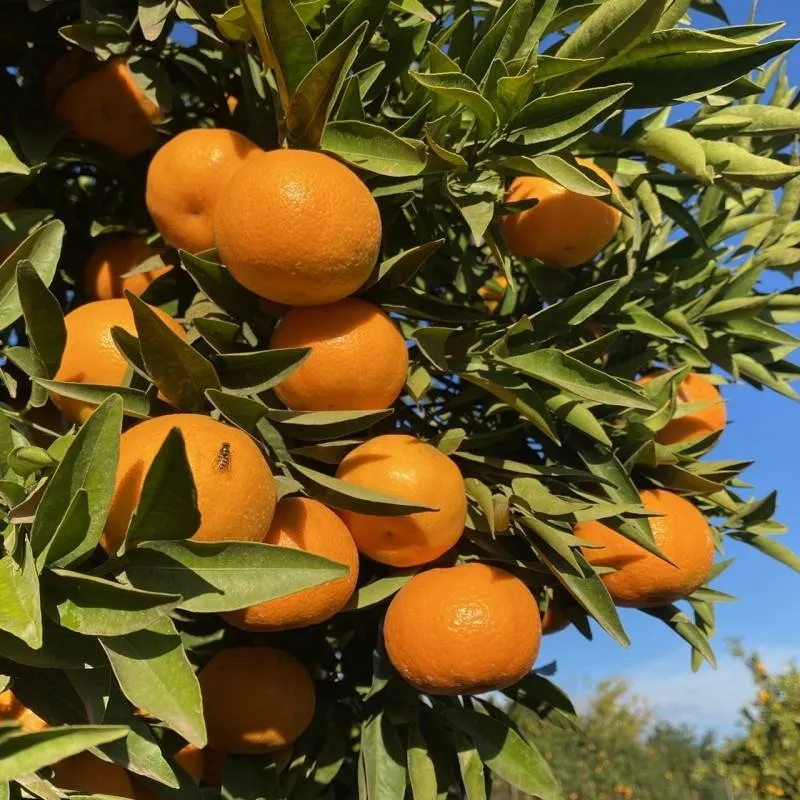
Additionally, consider the nutritional profile of both fruits to ensure they meet your dietary needs. Both tangerines and clementines are low in calories and high in fiber, making them an excellent choice for those watching their weight or aiming to improve digestion. They also contain a variety of essential vitamins and minerals, including potassium and folate.
To maximize the shelf life of tangerines and clementines, it is advisable to store them in a cool, dry place away from direct sunlight. In general, these fruits can be stored at room temperature for a few days, but for longer storage, it is best to keep them refrigerated.
In conclusion, tangerines and clementines are delightful citrus fruits that offer numerous health benefits and a burst of refreshing flavor. While tangerines are larger, slightly more fibrous, and have a longer shelf life, clementines are smaller, sweeter, and easier to peel, with a seedless nature that appeals to many. Ultimately, the choice between tangerine fruit and clementines comes down to personal preference and specific dietary requirements. So, go ahead, indulge in these citrus delights, and enjoy the tangy, sweet goodness they provide.

